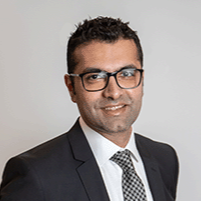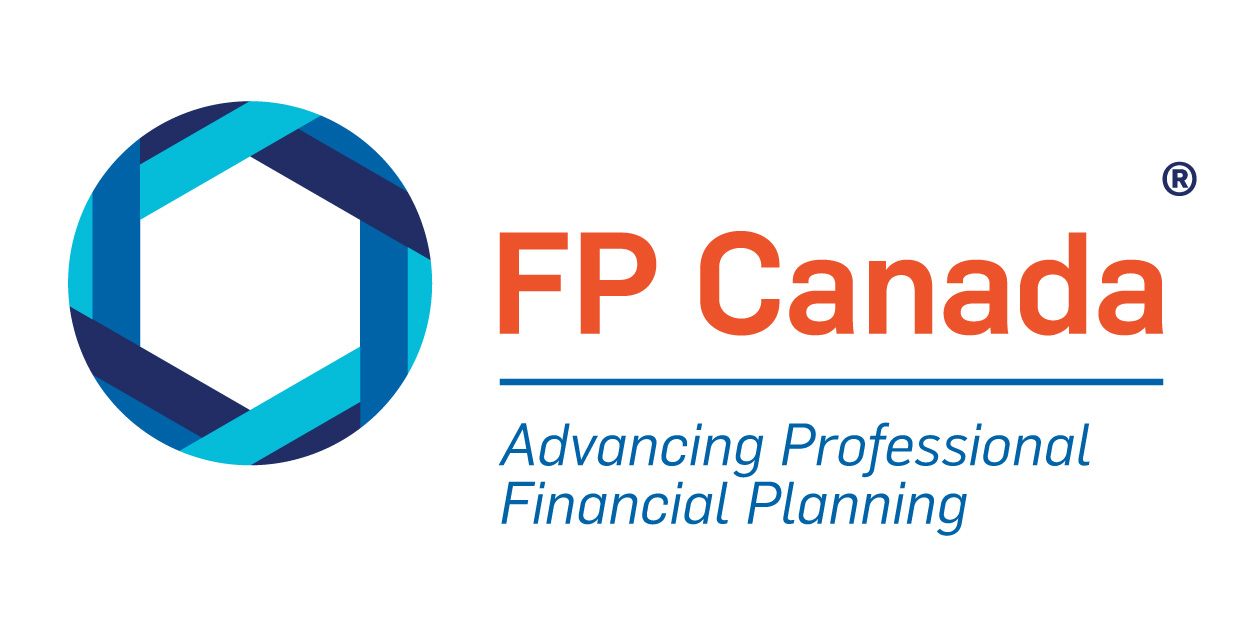No matter where your career journey takes you, it’s important to start on the right financial footing. Discover some tips on financial readiness to help as you’re starting your career.
Starting your career can be exciting, but it also comes with challenges. You should be ready to adapt to an ever-changing financial landscape, and understanding what to expect as you enter the workforce is the first step.
Manage Your Debt Load So You Can Focus on Your New Job
Developing solid debt and money management skills allows you to have more financial resilience as you begin your career. Promisingly, many young Canadians seem to understand this fact. FP Canada’s 2023 Fall Consumer Survey revealed that nearly half (49%) of Canadians in their 20s cited living debt free as their top financial priority.
To reduce and avoid debt, consider the following tips:
- Always live within your means.
- Avoid credit products with high-interest rates.
- Don’t be tempted to buy now and pay later.
- Explore additional income streams.
- Pro tip: continue to budget like a student.
Balance Fun and Future Security
Balancing enjoyment in the moment with your long-term goals is important for financial well-being, even when retirement feels like it’s in the distant future.
Experiences such as travel and entertainment often take priority with younger Canadians. FP Canada’s Fall Consumer Survey found that more than half (51%) of Canadians aged 18-29 focus on short-term financial goals over long-term ones. The survey also found that Canadians in their 20s were the least likely to work with a financial planner to help save for retirement.
With the rise of robo-advisors, many young people may not think of turning to professional financial planners for help, even when doing so could be beneficial for a financially secure future. Fortunately, you don’t have to start planning alone. CFP® professionals and QAFP® professionals can help you prepare for the future while setting you up to enjoy your life now. Thoughtful financial planning is better than impersonal advice and a generic plan.
If You Embrace the Gig Economy, Do So Cautiously
The gig economy offers temporary, contract, and freelance jobs, and it’s become quite popular among young people. Over half (58%) of Canadians are willing to take on gig work to supplement their income.
While the gig economy can provide many opportunities, having access to a safety net that ensures your financial security between gigs is crucial. Ideally, you should have 3-6 months worth of savings ready in case of a reduction or loss of income.
Advance Your Financial Literacy to Build Confidence in your Plan
Growing your financial knowledge is the best way to prepare yourself to make financial decisions as you build your career. But financial literacy doesn’t just happen overnight.
While focusing on your new work is a priority, it’s also important to develop a foundational understanding of your finances – and your financial planning options. One of the first steps is reaching out to a CFP professional or QAFP professional who can help you build a plan to prepare for your financial future.
To find a CFP professional or QAFP professional who can help you navigate your finances as you start your career, use the Find Your Planner tool.
It pays to be financially prepared at every stage of life, whether you're beginning your career, building a family, or preparing to retire.

Alim Dhanji, CFP, is a Senior Financial Planner at Assante Financial Management Ltd. in Vancouver.

 Find Your Financial Planner
Find Your Financial Planner



